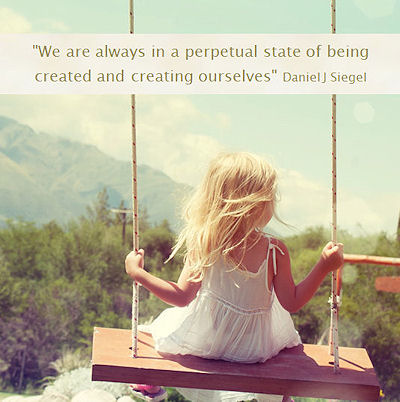Welcome. My name is Debbie O’Connor and I am an experienced psychotherapist and counsellor. I am passionate about helping you to grow, overcome the pain in your life and to flourish. I specialize in the treatment of trauma, relationship difficulties, difficulties with food and eating, and depression and anxiety.
I believe, as human beings we have the capacity for an almost infinite range of feelings, thoughts and reactions to our experiences. We have the potential to be deeply hurt by the things that occur in our lives, but we also have an equal capacity for compassion, resilience, healing, growth and the ability to create new neural pathways in our brain that can heal our emotions, thoughts, feelings and help us change unhelpful behaviours. This belief, and the scientific evidence that supports this, is the foundation of my therapeutic practice.
Have you ever wondered what counselling and therapy is like and if it might be of help to you?
The first stage of any therapy is laying the basis for a trusting relationship and safe environment. This means being supported and understood for who you are. Anything and everything is welcome – perhaps thoughts or feelings that are worrying or distressing you, or perhaps something painful that might be holding you back from life. It could be something from a long way in the past, or a relationship or personal difficulty from your present life.
People come to therapy with a great variety of issues to talk about, including:
- Depression
- Anxiety
- Emotional pain
- Disappointments both with yourself and significant others
- Stress
- Anger – either difficulty controlling anger or the inability to feel anger when it is justified, such as when we need to stand firm defending your rights or your integrity
- Self-harming behaviours
- Drug and alcohol problems
- Family conflict
- Problems with significant relationships
- Inability to feel calm when you are alone
- Sexual difficulties
- Difficulties with food: overeating, not eating enough, binging or purging
- Problems at work
They bring many experiences and concerns:
- Grief for a loved one lost
- A broken marriage or relationship
- Experiences of violence or abuse that have occurred in childhood, or as an adult
- A marriage or intimate relationship that is struggling.
- Trauma or stress experienced at work.
- Workplace bullying.
- Past experiences or memories that are difficult to move on from.
Many people have experienced trauma in different ways, shapes and forms, events or experiences that have deep and lasting impacts on your life. These experiences might include events from childhood, in school or in your family; or it might be recent events that have had a strong effect on your life. Memories of these experiences may drag you back to the past, sparked by a word, a smell, a name, or similar situation, causing you to re-experience the trauma again, perhaps many times since that event actually occurred.
The long term effects of this trauma may have many impacts in your life. It may be that you have trouble taking care of yourself emotionally, or perhaps physically. This may take the form of having difficulty being assertive, perhaps being too passive in relationships and not being able to ask for what you want and need. You might not feel confident to stand up to other people in situations at work, or in the world generally. You may also experience anxiety in relationships in general, or long standing depression and anxiety that is free-floating, where there is no apparent cause. You may also have trouble with alcohol or drugs, using these to try and deal with the distress you are living with.
Whatever your reasons for coming to therapy, our sessions will involve exploring the issues affecting you. My work is based on the belief that understanding these events and relationships, past or present, will help you heal the pain.
 As time passes, you will begin to notice changes in yourself. You may notice that you have changed behaviours that are self-defeating, that you are becoming a friend to yourself, where you may previously have experienced shame, self-criticism or guilt. You may experience an emerging ability to behave in ways that help you to find the life you want, and find your ability to calm the storm of painful emotions that may have previously overwhelmed you.
As time passes, you will begin to notice changes in yourself. You may notice that you have changed behaviours that are self-defeating, that you are becoming a friend to yourself, where you may previously have experienced shame, self-criticism or guilt. You may experience an emerging ability to behave in ways that help you to find the life you want, and find your ability to calm the storm of painful emotions that may have previously overwhelmed you.
As therapy progresses you may begin to notice a change in your own reactions, responses and behaviours in situations that you previously have found difficult. This can help open up more possibilities within the landscape of your relationships both intimate and otherwise.
You may also find new and stronger ways to live and a growing confidence that these positive changes in yourself are here to stay – to help you as you encounter life’s challenges in the future. You will begin to feel “more solid” in yourself, gaining a stronger sense of who you really are beneath the painful emotions or traumas of the past.
The deep personal knowledge gained in therapy can lead you to experience liberation from long-standing mental health issues and emotional pain which in the past you may have thought to be beyond imagining. This is my goal for my journey with you.
